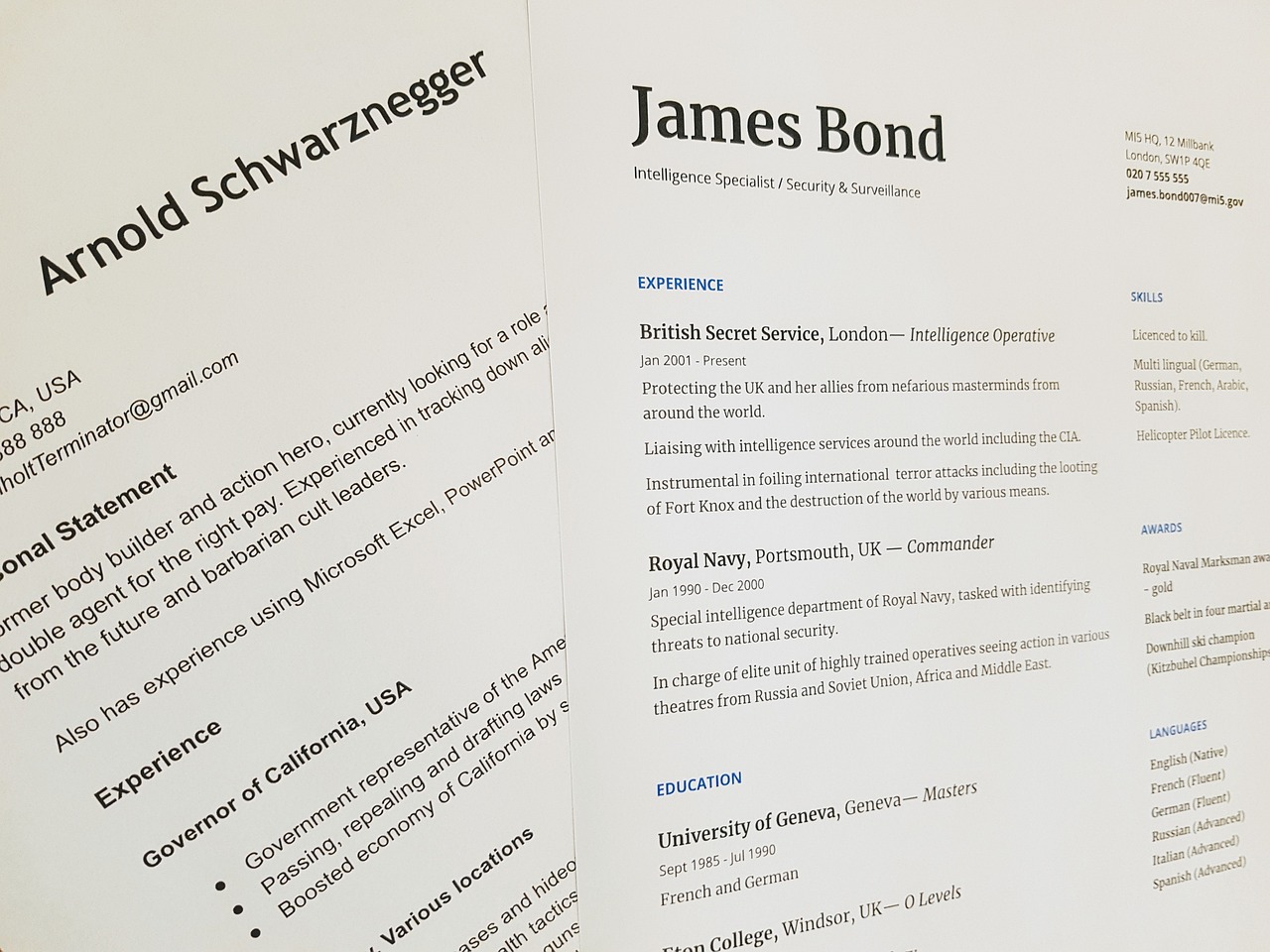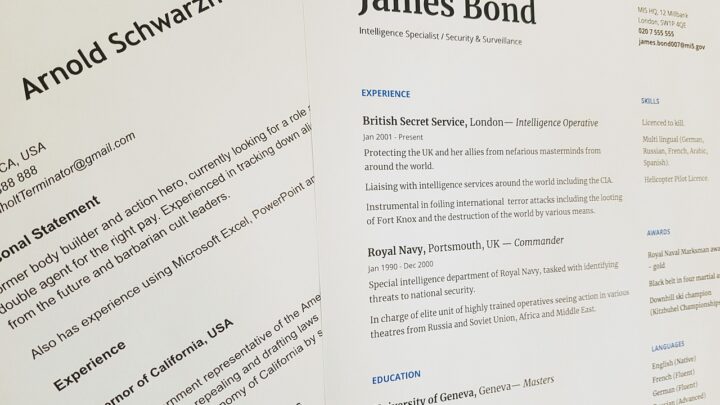
Executive Job Search Follow – Up Strategy
Navigating the executive job market requires more than just an impressive resume and a standout performance during interviews. The process extends beyond the interview room, where strategic follow-ups and effective use of modern tools can significantly enhance your candidacy.
It’s about managing your executive job search with the finesse of a seasoned leader, reinforcing your value proposition, and employing technological advancements like AI to your advantage. The follow-up strategy is often underestimated, yet it plays a critical role in shaping how potential employers perceive your leadership style and organizational discipline. Initiating your follow-up strategy should begin before you even leave the interview room.
By asking questions about the next steps in the selection process and the preferred method of reconnecting, you set clear expectations and demonstrate respect for the organization’s processes. If you miss the chance to clarify these during the interview, a well-timed, considerate follow-up email can maintain your momentum and keep you on the employer’s radar.
A high-touch email that expresses gratitude, reinforces interest, and invites a status update can be particularly effective. If you find yourself facing silence, employ tact and patience. Allow a reasonable amount of time before following up again, and consider a brief, professional phone call if needed in the context of executive job search, particularly in strategic follow-ups in the context of AI tools for resumes, including AI tools for resumes applications.
These actions not only display your perseverance but also your executive-level communication skills. It’s crucial to remember that hiring processes, especially for C-suite roles, can involve delays.
Stay calm and continue your search with the same vigor, keeping the door open for future opportunities if this one doesn’t materialize. While managing follow-up strategies effectively, executives today are also integrating AI into their job search process, particularly in crafting resumes. AI is reshaping many industries, including recruitment, by offering tools that can enhance productivity and efficiency.
However, the use of AI in writing resumes must be approached with caution. Recruiters are increasingly adept at identifying AI-generated resumes, often characterized by generic tones and overused buzzwords without substantiated claims.
This can lead to a perception of inauthenticity, potentially undermining your candidacy. To maintain authenticity, ensure your resume reflects your unique achievements and capabilities. Use AI as a starting point to create a framework for your resume, but infuse it with your personal success stories and quantifiable results, including executive job search applications, including strategic follow-ups applications in the context of AI tools for resumes.
This approach not only strengthens your resume but also prepares you for interviews, where real-life examples of your strategic thinking and leadership will be vital. AI can also be a valuable tool for enhancing your resume’s technical aspects.
It can identify industry-relevant keywords, ensuring your resume aligns with the skills and qualifications sought by employers. Additionally, AI tools like Grammarly can help eliminate grammatical errors, ensuring your resume is polished and professional. However, remember that while a well-crafted resume is essential, building a strong professional network and engaging with industry leaders are equally critical components of a successful job search strategy.
As you navigate the complexities of the executive job market, blend traditional strategies with modern technological tools to maintain an edge. A thoughtful follow-up strategy, combined with a carefully crafted resume that leverages AI for improvement while retaining your personal touch, can significantly enhance your prospects.
The ultimate goal is to present yourself as a competent, authentic leader ready to contribute to an organization’s success.



